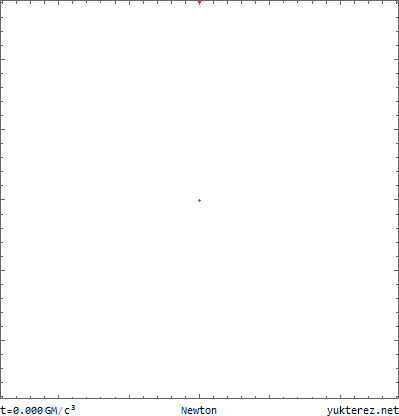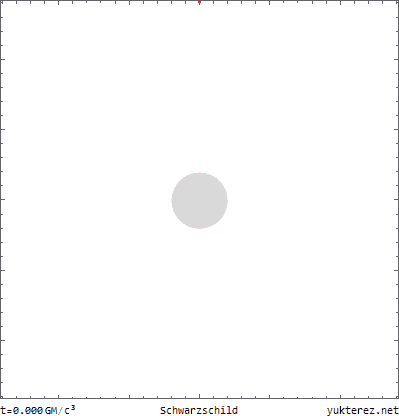First to the first part of the question:
does Newtonian mechanics predict that a massless particle (e.g. a
photon) would be gravitationally affected by an object with mass?
With Newton's corspuscle-theory you get a bending of light, if we place a light bulb above a point mass the deflection of the rays would look like this:

Far away from the mass this is twice the amount of the bending we have around a Schwarzschild mass (in the strong field this simple factor of 2 is no longer valid and you have to use the full Schwarzschild- or Kerr-metric). For comparison, again the same scenario, but this time using relativity:

The mass is the same in both versions, with the difference that we have no point masses in relativity, so the diameter of the central mass is the event horizon instead of a point.
Because of the gravitational time dilation near the horizon, in the system of a stationary observer the rays will slow down and freeze when approaching the event horizon in the second image.
With Newton on the other hand, the light particles would be accelerated just like any other particle, and because Newton knows no speed limit, also exceed c after beeing sped up when travelling in direction of the mass (and again slowed down when receding from the mass - that's why they still turn around and escape if they don't directly hit the point mass, even when the escape velocity near the point mass is larger than c inside a radius of 2GM/c² in both theories).
The equations of motion and the code used in the animations and some other examples with rotating black holes can be found here and here.
The answear to the second part of the question
Also, would it predict that an object with mass would not be
gravitationally influence by an object without mass. Would it also
predict that two massless particles would have no gravitational
influence on each other?
is no (it wouldn't predict that) in relativity (because energy and mass are equivalent, and also light rays have energy, see for example the Kugelblitz black hole made of light) and yes (they don't) for Newton's theory (then mass would be the only source of gravity).


